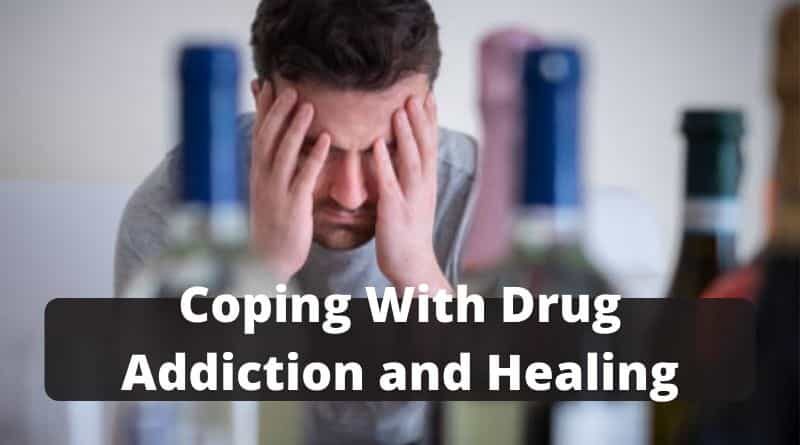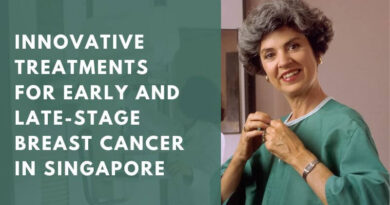Coping With Drug Addiction and Healing
In addition to detoxing from drugs, many people with drug addictions need to learn to cope with their mental health issues. While this may be difficult, combining treatments for addiction and mental health will provide the best chance of recovery. In addition to seeking treatment, individuals should make an effort to find a strong support network and positive influences to help them through this tough time. Fortunately, there are many options for both types of therapy.
Here are some common approaches to overcoming drug addiction.
- First, you must recognize and understand the underlying issues that led to the addiction. This can be difficult to undertake alone, especially if you’ve never faced these problems before. However, once you begin to understand the root causes of your problem, you’ll be able to approach your treatment with compassion. You may also feel more supported by your Mental Health Professionals if they can relate to your struggles. You can also get involved with community and service organizations to improve your quality of life.
- After detoxification, your treatment plan will most likely include a period of intense therapy. This can last anywhere from a few days to a few months. Additionally, you might stay at home and attend a day treatment program or partial hospitalization. In the latter case, you’ll visit the treatment center seven to eight hours per day. In outpatient treatment, you won’t have to stay overnight, but you’ll be required to meet with a counselor at least three times a week, but you will still be able to continue your life and avoid relapse.
- Once you’ve completed detox, you’ll want to build your sober social network. This can be as simple as meeting new people, joining a church, or attending community events. It’s important to maintain your connection with other people to build a new, sober community. After completing detox, you’ll also need to engage in regular group therapy or participate in local service. These activities can help you cope with your addiction and heal from the inside out.
- After a brief detox period, it’s important to establish a supportive social network. Keeping in contact with family and friends is essential. You can also find opportunities to volunteer or join a support group in your community. If you have a partner who has trouble with drugs, consider getting relationship counseling. If your spouse has a child, you may also want to consider family therapy. You’ll need support from friends and relatives to get through this tough time.
- In addition to individual and group therapy, you’ll need to consider your family’s needs. It is vital to keep your close relationships strong. Try to maintain good relationships with your family and friends. You should also consider getting counseling from a mental health professional if you feel your loved ones are not supportive. A strong sober social network is an important part of your recovery. The person who has trouble interacting with other people cannot cope with their drug addiction.
- In addition to seeking therapy for drug addiction, you can try volunteering or attending support groups in your community. This will help you develop new interests and relationships and help you get back on track. Aside from donating time to a nonprofit organization, you can also give back to the community to help others. You should also donate to local charities and participate in community service. By doing so, you’ll be doing your part to help others.
- In addition to receiving Neworld alcohol addiction treatment, you can also find new opportunities in the community. This will give you the confidence you need to move forward in your life. It will also allow you to get involved in your community. There are several ways to volunteer or attend support groups. This will help you find a sense of purpose and meaning in your life. You can become involved with your local services and support groups and work towards a new life.
- Once you’ve entered treatment, you’ll need to address your underlying issues. In addition to drug addiction, you’ll need to talk about the trauma you’ve experienced in your life. Identifying the specific causes of your problems can help you find the right treatment program. Once you’ve addressed your trauma, you’ll be better able to talk about it with your Mental Health Professionals. You may also be able to find new opportunities for volunteer work or support groups in your local community.
Recommended Articles:
Devastating Effects Of Alcohol And Drug






